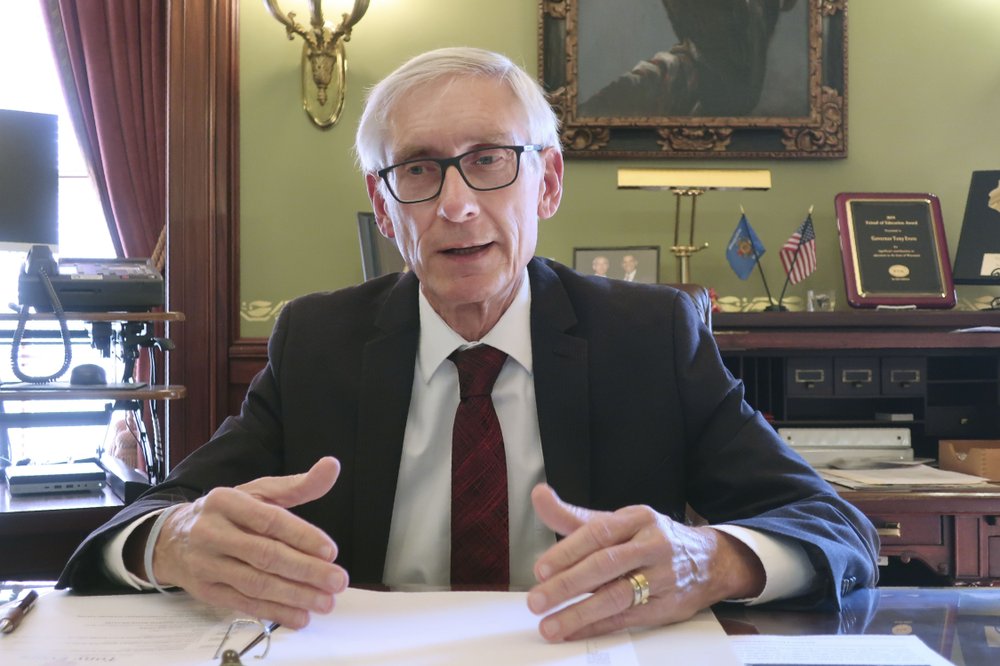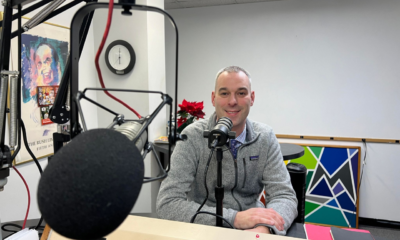Coronavirus
Local leaders warn Wisconsin governor: Voters at risk

MADISON, Wis. (AP) — Scores of local leaders sent Wisconsin Gov. Tony Evers a letter Sunday warning him that the state isn’t doing enough to protect voters from the coronavirus as the spring election approaches.
The April 7 election features Wisconsin’s presidential primary, a state Supreme Court race and hundreds of local races. A number of states have postponed primaries in hopes of slowing the virus’ spread. But Evers has insisted Wisconsin’s election go on as scheduled, saying people should vote by absentee ballot rather than travel to the polls.
Wisconsin health officials said Sunday that the state’s confirmed cases jumped to 381, up from 281 a day earlier. Four people in the state have died from COVID-19, the disease that’s caused by the virus.
For most people, the coronavirus causes mild or moderate symptoms, such as fever and cough. For some, especially older adults and people with existing health problems, it can cause more severe illness, including pneumonia.
Nearly 225 local leaders signed the letter telling Evers that the state hasn’t done enough to protect voters. They warned that people will gather in large numbers in government buildings for early in-person voting. The health risks will only multiply on April 7 at the polls, they said.
The leaders don’t say what Evers should do, only that “more needs to be one and done quickly.”
“These are not normal circumstances — and the potential for disenfranchisement is actually higher if we proceed like we are. Many people will stay away from the polls for fear of contacting COVID-19, or spreading it, unless something changes,” the letter said.
The signers included mayors, municipal administrators and clerks from all corners of the state.
Asked for comment, Evers’ spokeswoman, Melissa Baldauff, pointed to a letter that Evers’ attorney, Ryan Nilsestuen, sent to Wisconsin Elections Commission Administrator Meagan Wolfe on Friday.
The letter states that the Department of Administration is working to secure more envelopes for absentee ballots and emergency management officials are trying to find hand sanitizer for poll workers as well as coordinating with volunteer organizations to recruit poll workers.
Also Sunday, the governor issued a pair of executive orders dealing with school closures and utility service cut-offs.
The first order allows school districts to request waivers from the state’s minimum number of instructional hours without listing a reason, the number of hours to be waived or describing efforts to make up the time. It also lifts requirements that the state Department of Public Instruction consider such information when issuing a waiver.
Wisconsin schools have been closed since March 16. It’s unclear whether lifting the waiver parameters signals classes won’t resume this year. Baldauff referred questions to DPI officials, who didn’t immediately respond to an email late Sunday afternoon.
The second order prohibits utilities from disconnecting customers for nonpayment and assessing late fees. The order requires utilities to allow deferred payment agreements for any customer who requests them.







